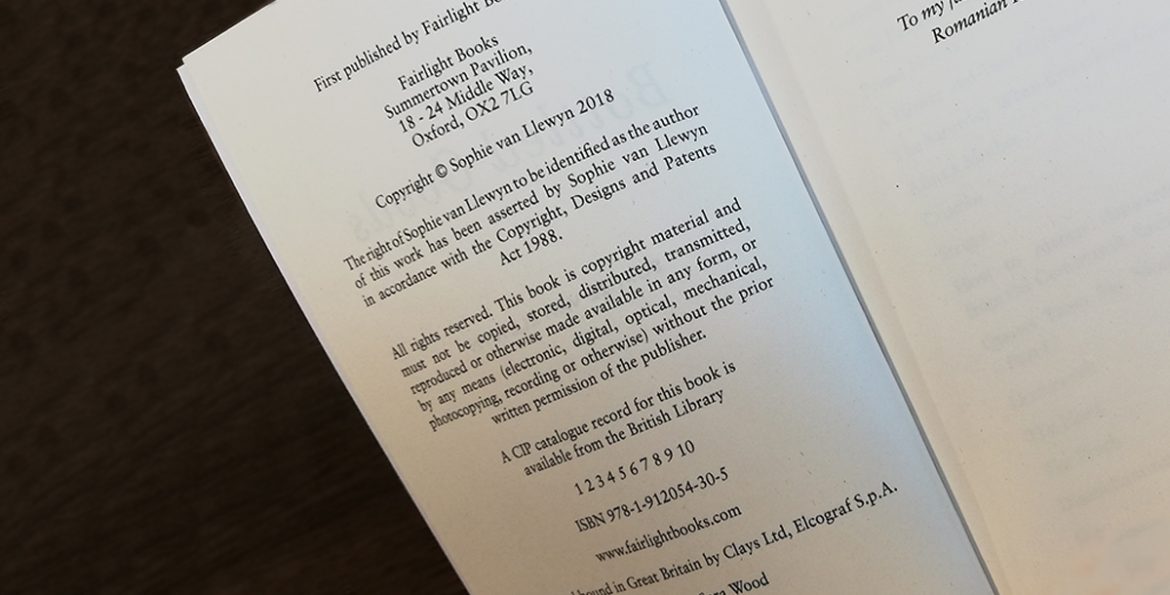

Copyright for Authors
- 28th May 2019
- Category : Blog,Interviews & Blogs,Writers Tool
It can be quite difficult to understand copyright for authors and what you can and cannot do when writing a book. There are some issues that every writer needs to be aware of, both when it comes to your own work, and someone else’s words you are planning on using in your text. Here are a few basic rules, which are quite simple and easy to comprehend. The examples presented below refer primarily to the written word, but the same applies to music, photography, architecture, etc.
When does copyright kick in and how long does it last for?
The good news for writers is that as soon as you put pen to paper, your words are copyrighted, which means that they belong to you and no one else can copy them. it is important to note that ideas are not protected by copyright law. The copyright on everything someone has ever written lasts for a certain amount of time after the writer’s death. Unfortunately, this varies in different countries around the world. In most of European countries and the US copyright lasts for 70 years after the copyright holder’s death.
There are some exceptions: for example, Peter Pan by J. M. Barrie will never go out of copyright in the UK because its royalties are donated to a children’s hospital in London. So it’s always better to check on an individual basis if a work is still under copyright.
When is copyright infringed?
Copyright is infringed when someone uses a copyrighted work in its entirety or a substantial part of it. It doesn’t matter if the it’s just a sentence or a whole chapter, if the copied text is recognisable as someone else’s work then the copyright has been breached.
If a work is out of copyright, then it can be reproduced, copied, adapted, etc. However, just because you can, doesn’t mean that you should. It’s always better to read original work than something that already exists.
How can a copyrighted work be used?
If it’s necessary for your work to use words and text that’s under copyright, then you have to find out who the copyright holder is, obtain permission to use whichever parts you need. Often this involves paying a permissions fee. It can be tricky to track down the copyright holder. It is not always the author; if it’s a multi-author books sometimes the publisher holds the copyright; if the author is dead, then the estate owns the copyright. Even if you are struggling to locate the right person, you should never use a copyrighted work without permission. You wouldn’t want to read someone’s book and find your words in it – so don’t do that to others.
One last piece of advice, crediting is not the same as permission so make sure you have properly obtained consent to use copyrighted work. Navigating the rules of copyright can seem overwhelming but these basic guidelines are a good place to start.
For more tips for authors read our blogs on Writing Retreats, Author Websites and Cover Letters.














